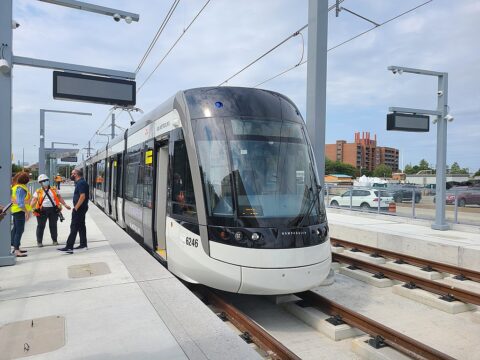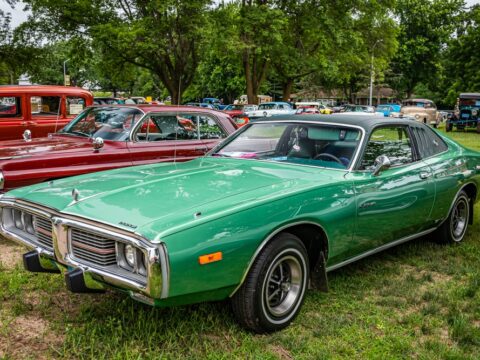Neglecting a motorcycle’s engine can lead to costly repairs and performance issues down the road. Many riders unintentionally overlook routine maintenance tasks, often resulting in unnecessary wear and tear. In this article, we will explore common ways people neglect their motorcycle’s engine and provide simple tips to keep it running smoothly for years to come.
Contents
Skipping Regular Oil Changes
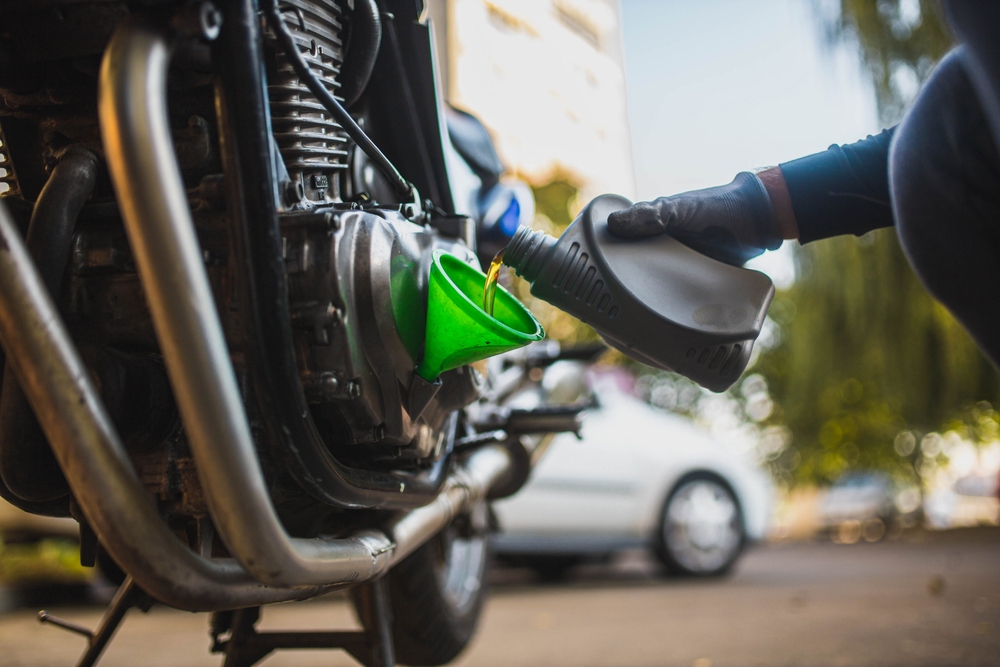
One of the easiest ways to neglect your motorcycle’s engine is by failing to change the oil regularly. Over time, oil breaks down and loses its ability to lubricate the engine, leading to increased friction and wear. To avoid costly repairs, it’s essential to follow the manufacturer’s recommended oil change intervals. Typically, motorcycles need oil changes every 3,000 to 5,000 miles, but this can vary based on the model and riding conditions. Using high-quality oil and filters can further extend engine life and ensure smooth performance.
Ignoring the Air Filter
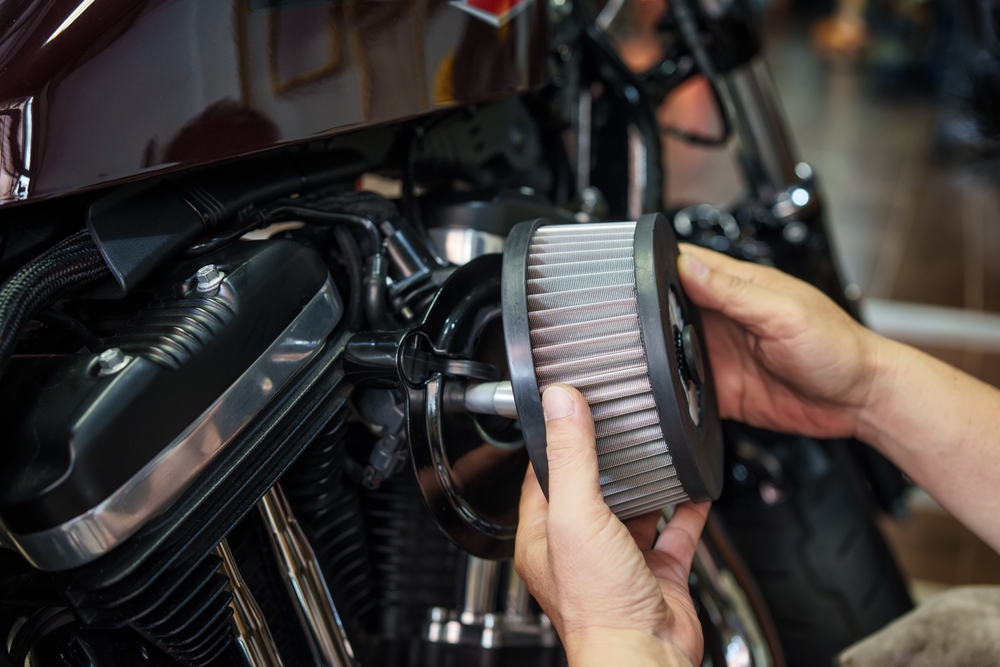
The air filter is critical in preventing dirt and debris from entering the engine, and neglecting it can lead to poor engine performance or even damage. A clogged or dirty air filter reduces airflow, which can cause the engine to run rich and use more fuel. Riders should inspect and clean or replace the air filter as part of routine maintenance. Checking it every few thousand miles or at least once a riding season can prevent unnecessary engine strain and improve fuel efficiency.
Using Low-Quality Fuel
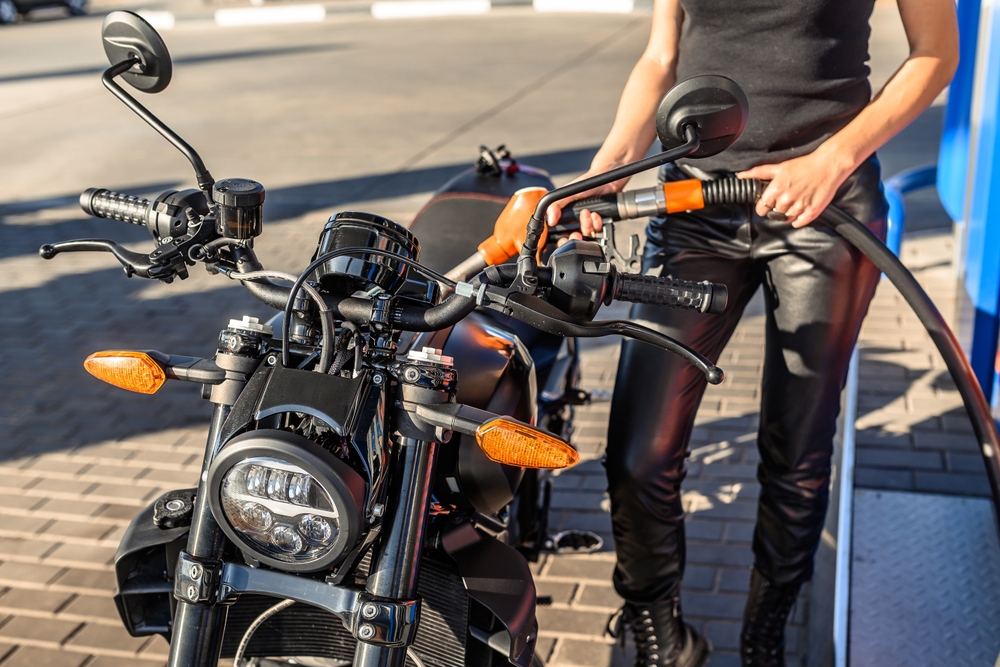
Filling up with low-quality or improper fuel is another common way people neglect their motorcycle engines. Lower octane fuel can cause pre-ignition, or knocking, in engines designed for higher-octane gasoline. This can lead to long-term damage, such as piston wear or failure. Always use the fuel grade recommended by your motorcycle’s manufacturer, and consider using fuel stabilizer if the bike will sit idle for extended periods.
Forgetting Coolant Maintenance
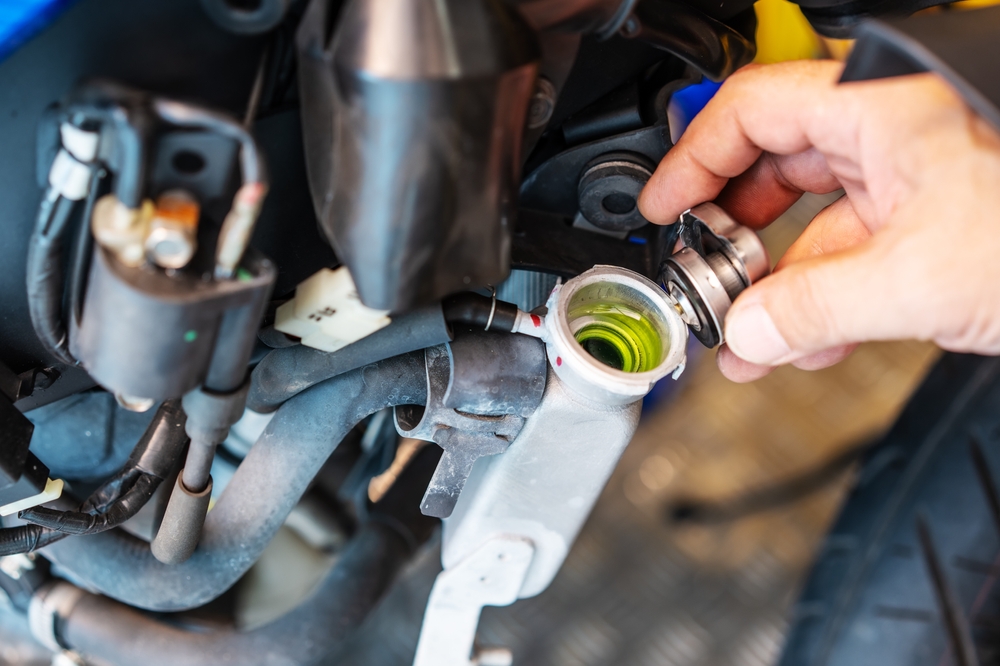
Motorcycles with liquid-cooled engines rely on coolant to regulate the engine’s temperature. Neglecting to check or change the coolant can result in overheating, which can cause serious engine damage. It’s recommended to check the coolant level regularly and flush the system every two years or as specified by the manufacturer. Using the correct type of coolant is also important, as the wrong formula can corrode internal components.
Letting Spark Plugs Wear Out
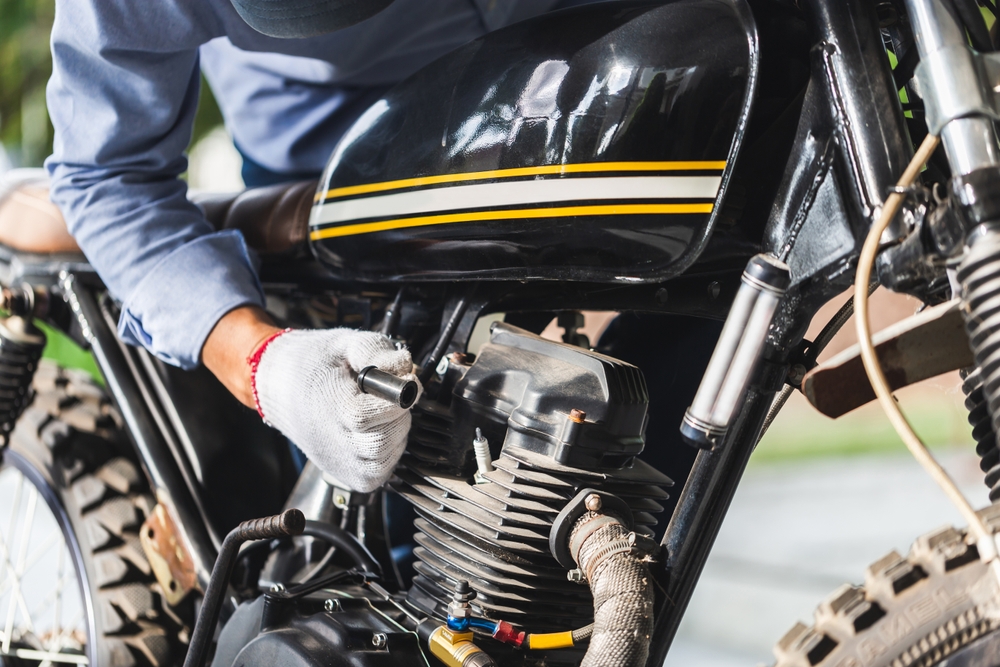
Spark plugs play a crucial role in the engine’s combustion process, and worn-out spark plugs can lead to poor performance, reduced fuel economy, and misfires. Many riders neglect to replace their spark plugs, leading to inefficient engine operation. Regular inspection and replacement of spark plugs every 10,000 to 15,000 miles will ensure optimal performance. If you notice any rough idling or difficulty starting the engine, it may be time to change them sooner.
Failing to Lubricate the Chain

A neglected chain can cause more than just noisy riding—it can also lead to engine strain. If the chain isn’t properly lubricated and adjusted, it can place unnecessary load on the engine, reducing performance and efficiency. To prevent this, clean and lubricate the chain every 500 miles or after riding in wet conditions. Regular lubrication not only extends the life of the chain but also helps the engine run more smoothly.
Overlooking Valve Adjustments
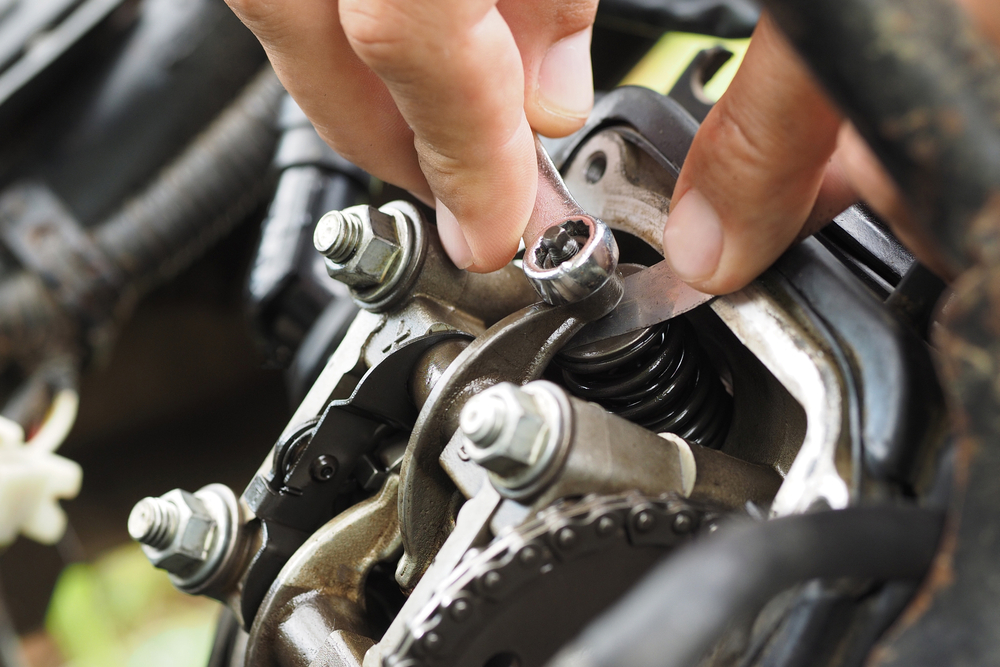
Valve adjustments are often neglected because they require more technical expertise, but improper valve clearances can significantly affect engine performance. Tight valves can lead to loss of compression, while loose valves cause excessive noise and wear. Regularly checking and adjusting the valve clearances as per your motorcycle’s service manual can prevent costly engine damage and ensure smooth operation.
Running with a Dirty Fuel System
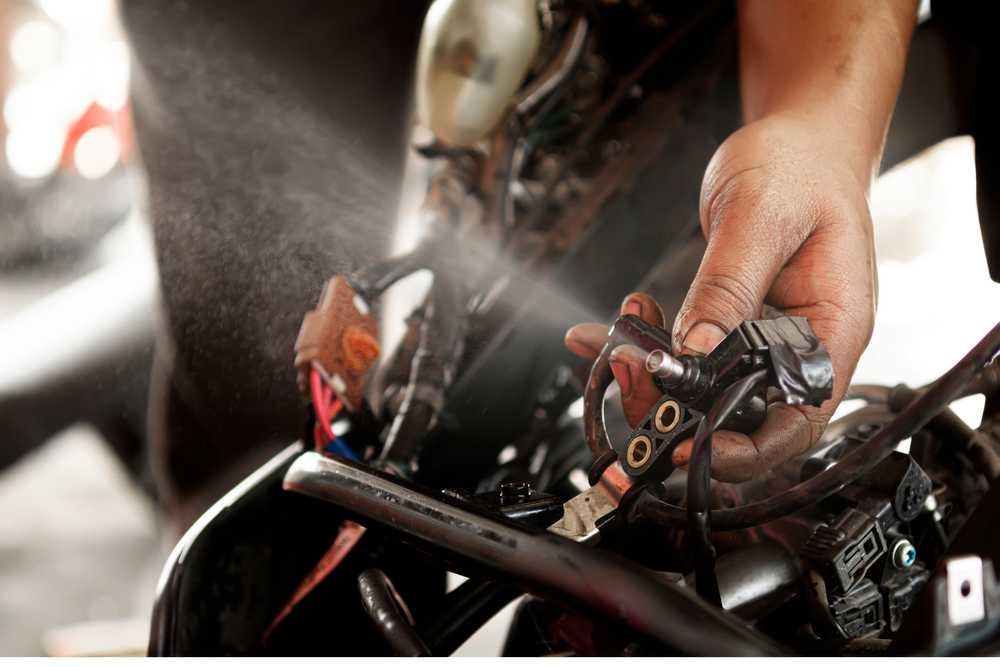
Deposits can build up in the fuel system over time, especially if the motorcycle sits unused for long periods. A dirty fuel system can cause rough idling, poor acceleration, and even engine damage. Using a fuel system cleaner periodically can help prevent these issues by clearing out any gunk and maintaining fuel injector performance. For motorcycles stored during winter, draining the fuel system or using a fuel stabilizer is crucial.
Not Checking Engine Timing
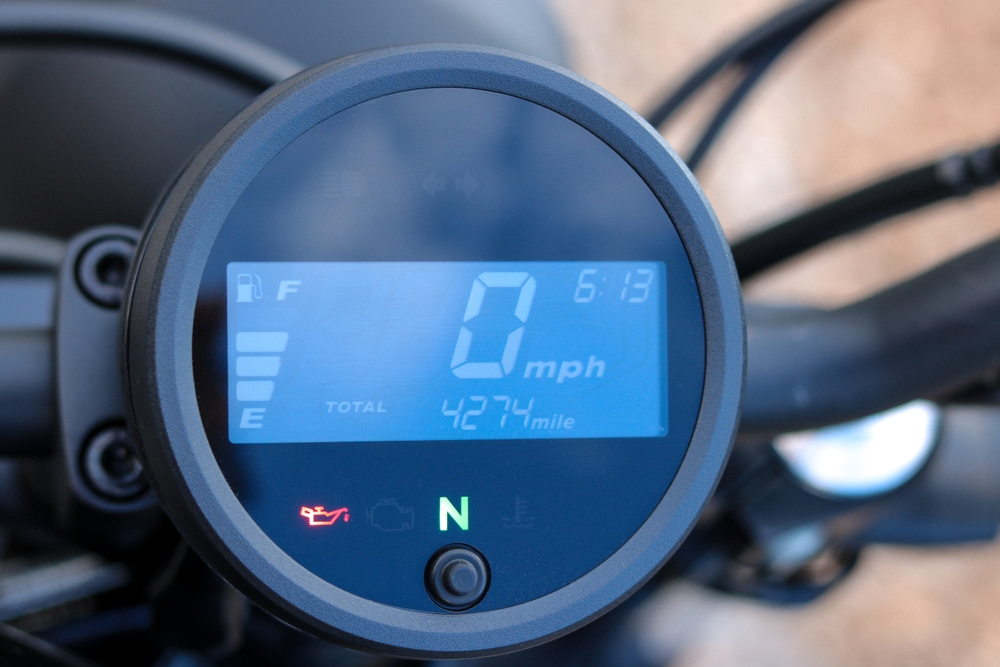
Incorrect engine timing can lead to poor performance, engine knocking, and even severe damage over time. Timing is often overlooked during maintenance because it doesn’t require frequent adjustment, but when neglected, it can cause a range of problems. Riders should ensure that the engine timing is set correctly, especially after any major work on the engine or electrical system. Regular tune-ups can catch timing issues before they become serious.
Using the Wrong Oil Type
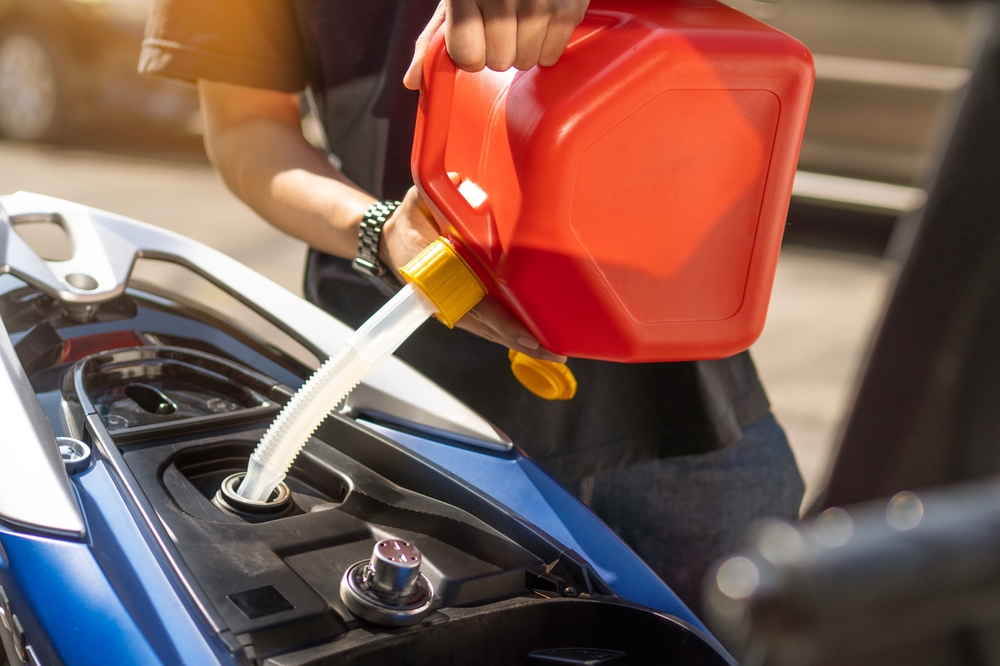
Using the wrong type of oil is a common mistake that can negatively affect the motorcycle’s engine. Motorcycle engines have specific lubrication needs, and using car engine oil can lead to clutch slippage and inadequate protection. Always use motorcycle-specific oil, whether synthetic or conventional, as recommended by the manufacturer. If in doubt, consult the owner’s manual or a trusted mechanic to ensure you’re using the right oil for your bike.
Neglecting Regular Throttle Body Cleaning
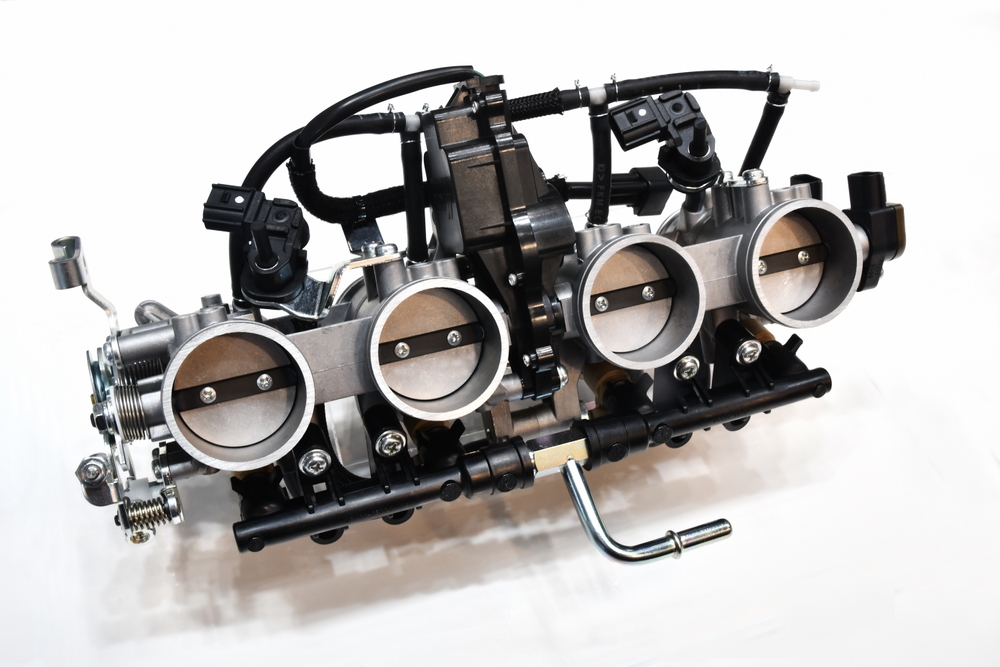
The throttle body controls the amount of air that enters the engine, and over time, it can become clogged with carbon deposits and grime. Neglecting to clean it can lead to poor engine performance, rough idling, and reduced throttle response. Cleaning the throttle body every 10,000 miles or as needed can help maintain smooth engine function and improve fuel efficiency.
Forgetting About the Battery
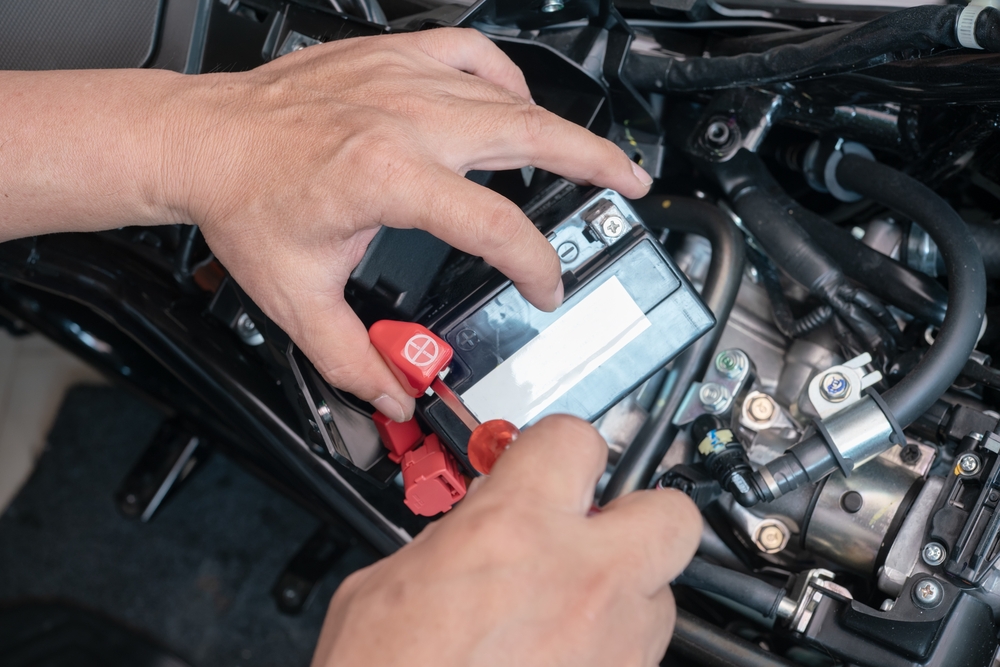
A weak or neglected battery can put strain on the engine, especially during starts. Many riders overlook battery maintenance, allowing terminals to corrode or the charge to deplete over time. A poorly maintained battery may cause hard starts and put stress on the charging system. Check the battery regularly, keep the terminals clean, and ensure it holds a charge. If you store your motorcycle for extended periods, use a trickle charger to maintain battery health.
Overloading the Bike
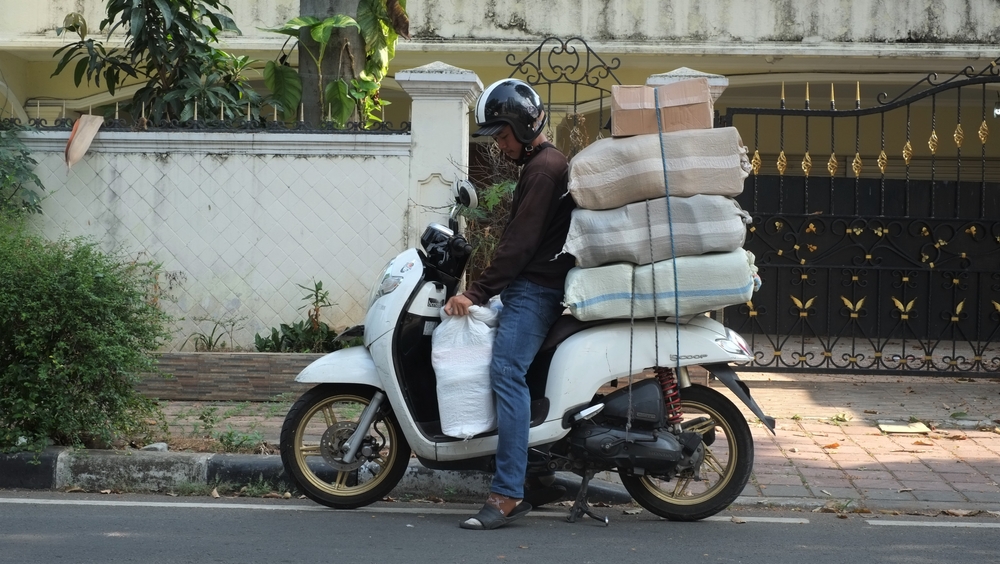
Overloading a motorcycle with extra weight puts additional strain on the engine, especially during acceleration and hill climbs. While motorcycles are designed to carry weight, exceeding the recommended load can cause the engine to overheat and wear down faster. Always check the manufacturer’s maximum load capacity and avoid carrying more than the bike is designed for. Distribute weight evenly to avoid engine stress and poor handling.
Skipping Regular Tune-Ups

Routine tune-ups are essential for keeping a motorcycle’s engine in top shape. Skipping these maintenance sessions can lead to neglected issues such as worn spark plugs, misaligned timing, or dirty filters. Tune-ups help detect minor problems before they become serious and costly. Make sure to follow your motorcycle’s maintenance schedule, which typically includes inspections, adjustments, and replacements of key components.
Using Old or Contaminated Fuel
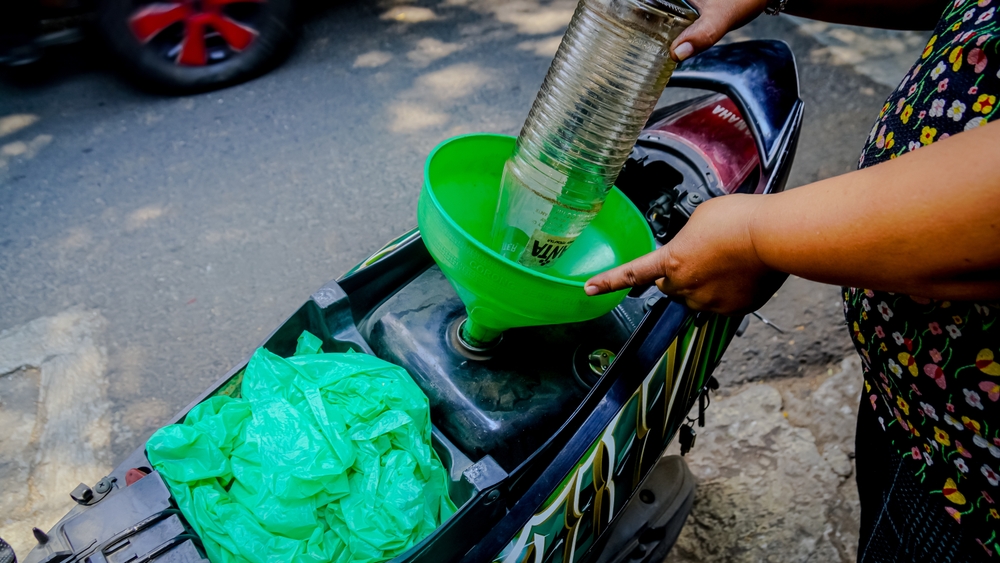
Old fuel or fuel that’s contaminated with water or debris can cause serious engine issues, including misfires, clogged injectors, and poor performance. If your motorcycle sits idle for months, the fuel can degrade and form varnish, which can clog the fuel system. To avoid this, use fresh fuel regularly and consider adding a fuel stabilizer during the off-season. Drain old fuel if necessary to prevent engine damage.
Neglecting Clutch Maintenance
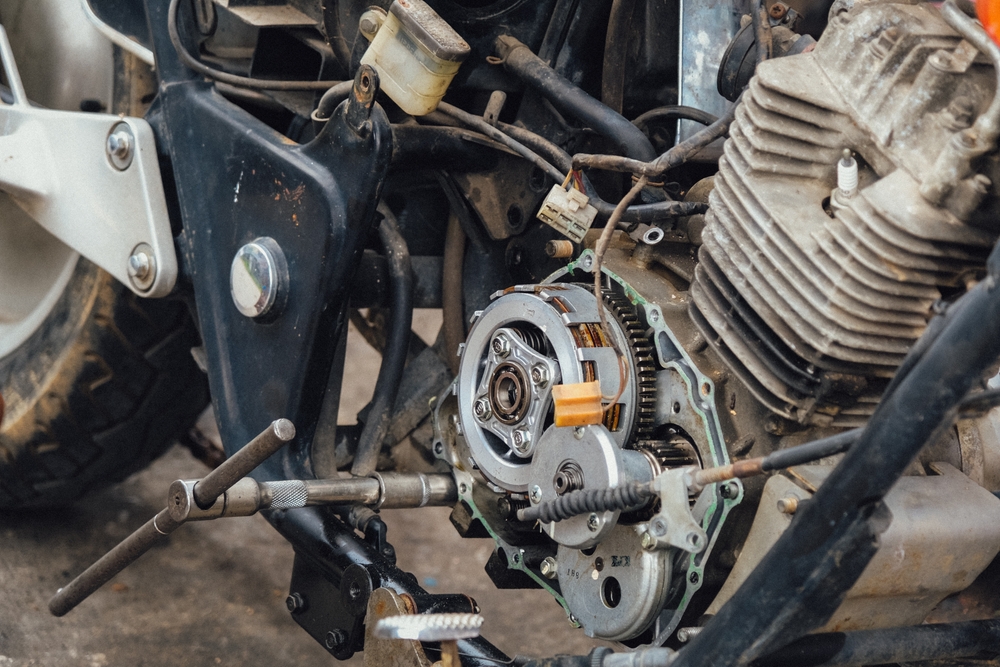
A slipping or poorly adjusted clutch can lead to engine stress, as the engine has to work harder to maintain speed. Many riders ignore clutch maintenance until they experience significant problems. Periodic adjustments and inspections of the clutch cable, plates, and fluid (if applicable) can prevent wear on the engine and ensure smoother gear shifts. If you notice the engine revving higher without increased speed, it’s time to check the clutch.
Letting Exhaust Leaks Go Unrepaired
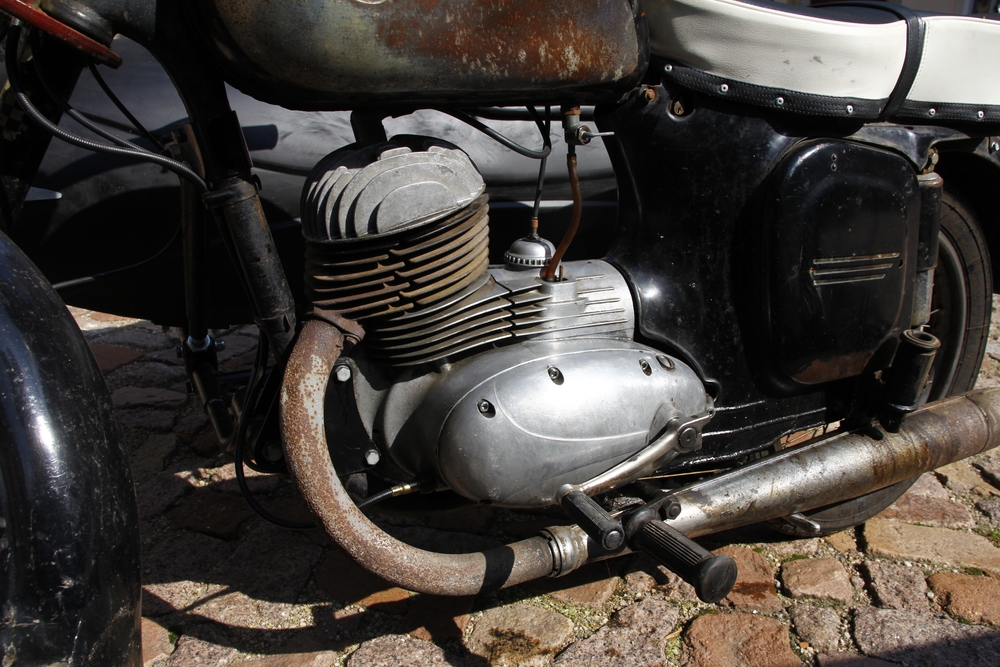
An exhaust leak may seem like a minor issue, but it can cause serious engine problems over time. Leaks can disrupt the engine’s air-fuel ratio, leading to poor performance, misfires, and overheating. If you hear unusual sounds or notice a drop in power, inspect the exhaust system for cracks or leaks. Repairing these promptly will keep the engine running efficiently and prevent long-term damage.
Ignoring Engine Overheating
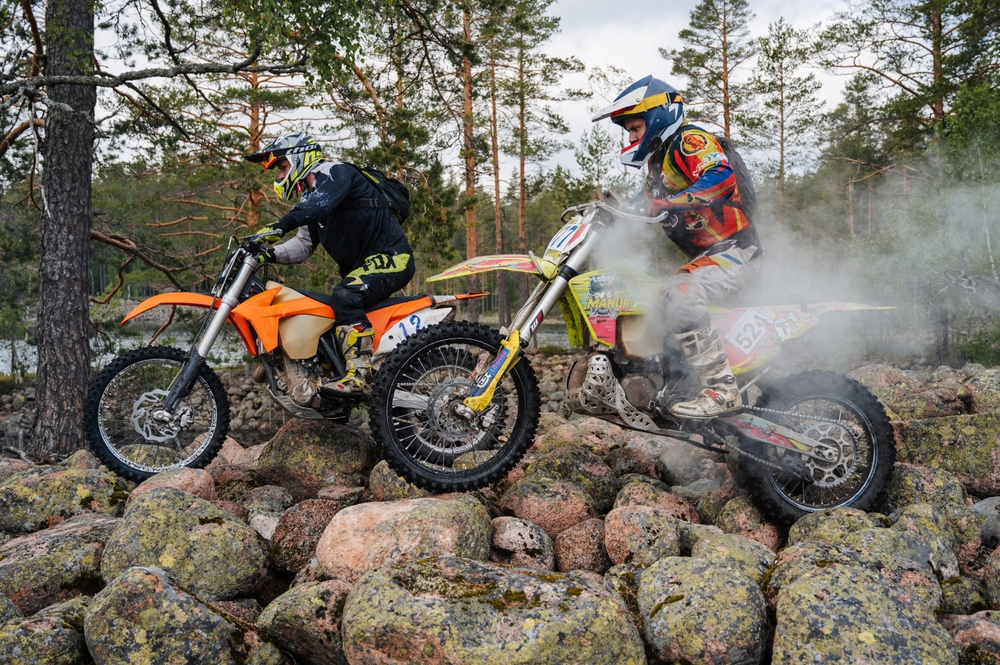
Allowing a motorcycle to overheat repeatedly can cause serious internal damage, including warped cylinders and cracked head gaskets. Overheating can occur due to low coolant levels, faulty fans, or clogged radiators. Riders should monitor the temperature gauge and address overheating immediately. If your motorcycle runs hot often, have it inspected for cooling system issues to avoid catastrophic engine failure.
Not Replacing Engine Gaskets
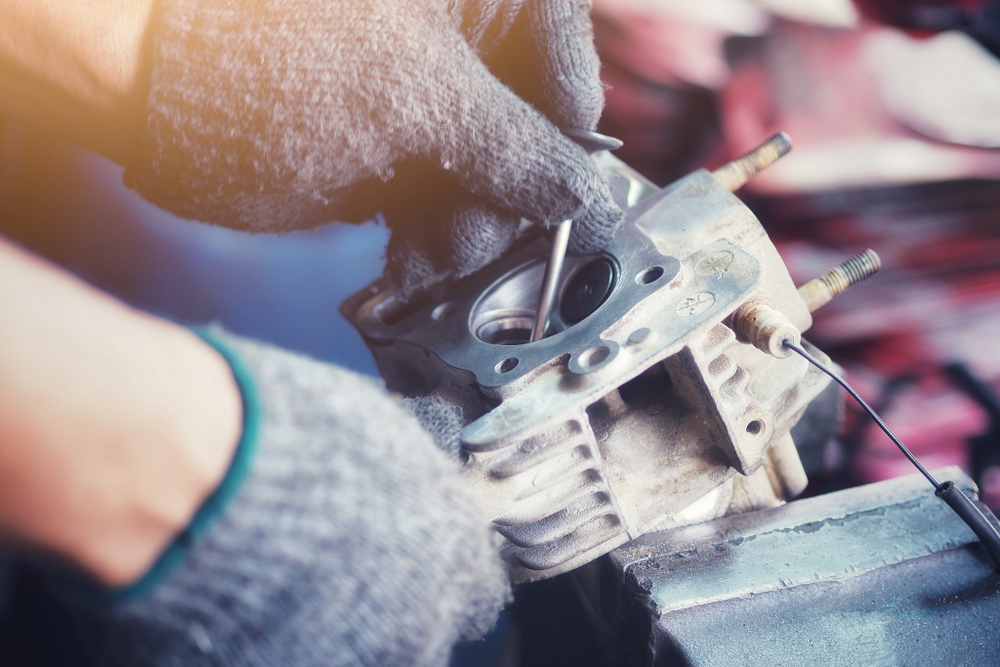
Engine gaskets are vital in preventing leaks and maintaining proper pressure within the engine. Over time, gaskets can wear out or crack, leading to oil leaks, loss of compression, and reduced engine efficiency. Neglecting to replace gaskets can lead to costly repairs, as oil leaks can damage other components. If you notice oil spots under your bike or reduced performance, inspect the gaskets and replace them as needed.
Riding with Dirty or Low Oil
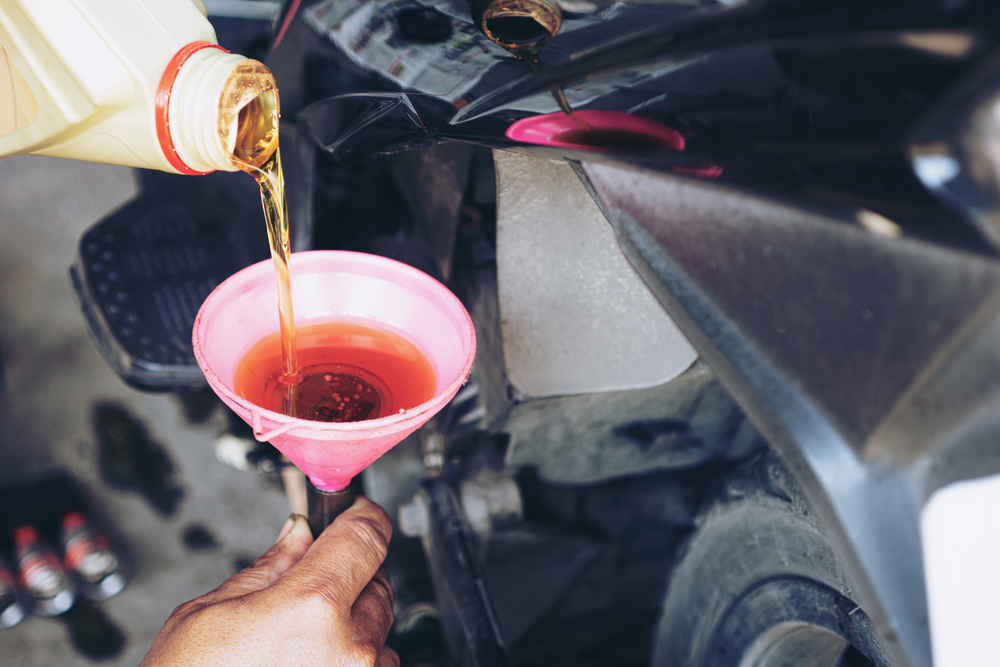
Riding with dirty or low oil is one of the quickest ways to damage a motorcycle engine. Low oil levels reduce lubrication, causing friction and overheating, while dirty oil can clog passages and starve the engine of proper lubrication. Regularly check your oil levels and ensure it is clean. Topping up or replacing oil as needed can significantly extend engine life and prevent costly repairs.
This article originally appeared on MyCarMakesNoise.
More from MyCarMakesNoise
Top 20 Chevrolet Muscle Cars with a Racing Heritage
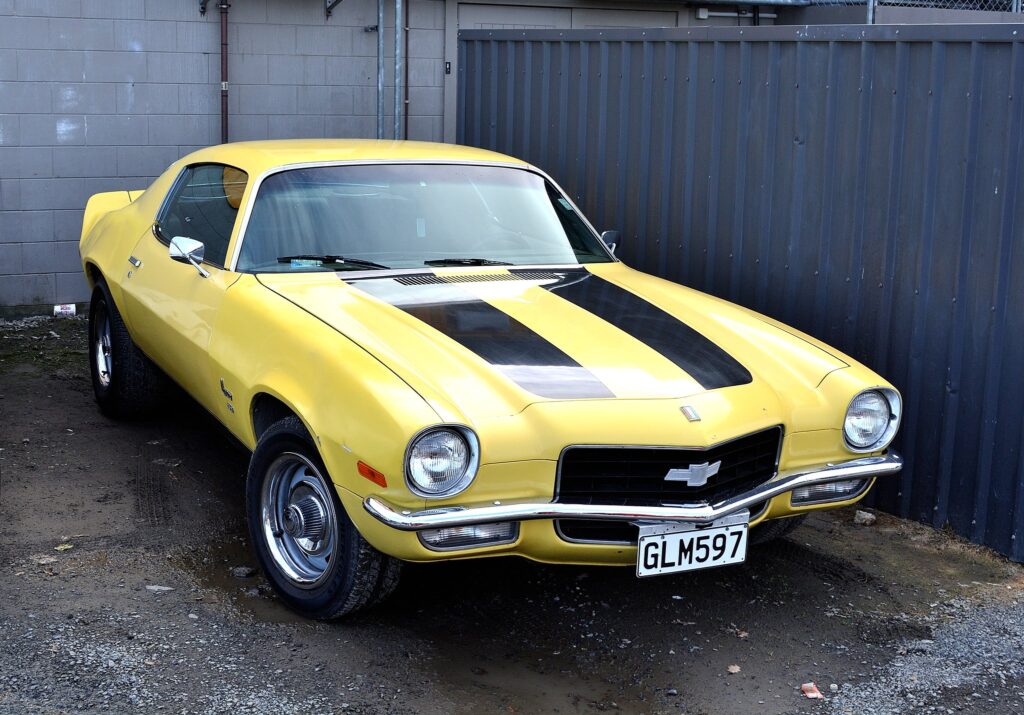
When it comes to American muscle cars, Chevrolet has built a legacy that’s hard to beat. With a blend of raw power, sleek design, and racing prowess, Chevy’s muscle cars have left a mark both on the streets and the track. Read More.
20 Old-School Vans That Have Lost Their Appeal

Once beloved for their quirky designs and practical uses, many of these classic vehicles have now faded into the background, losing the appeal they once had. Read More.
25 Most Reliable and Durable Cars Ever Built
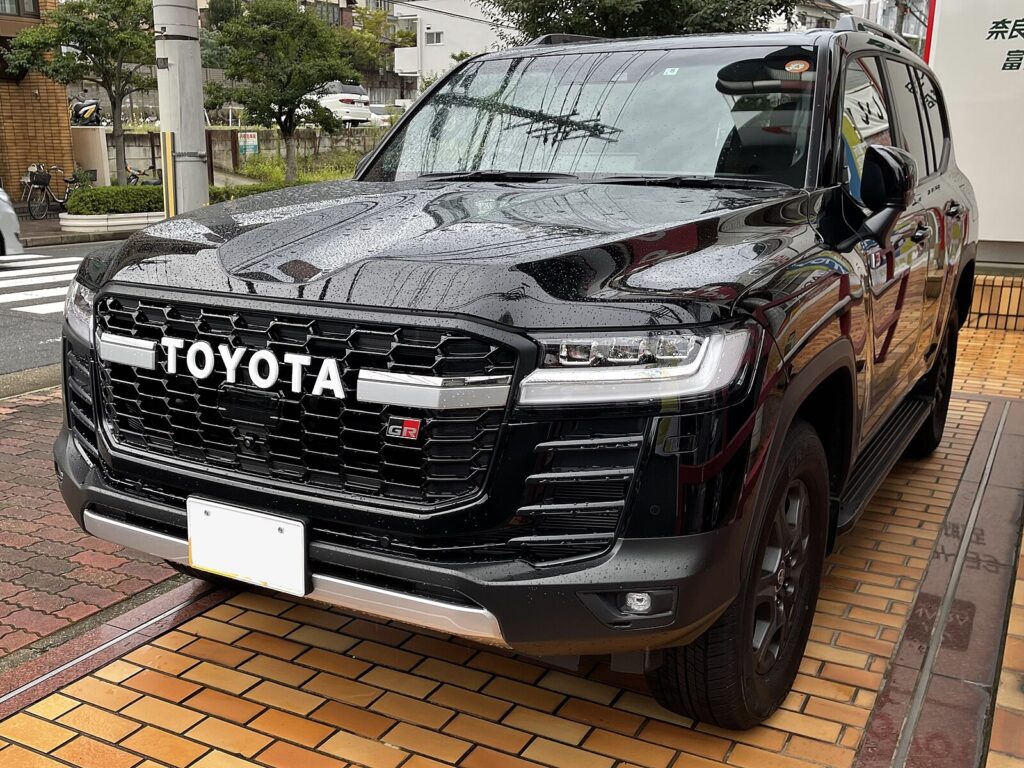
Whether you’re looking for a vehicle that will withstand the test of time or simply curious about the best in automotive endurance, this list has you covered. Read More.

